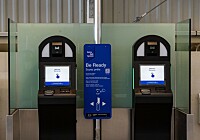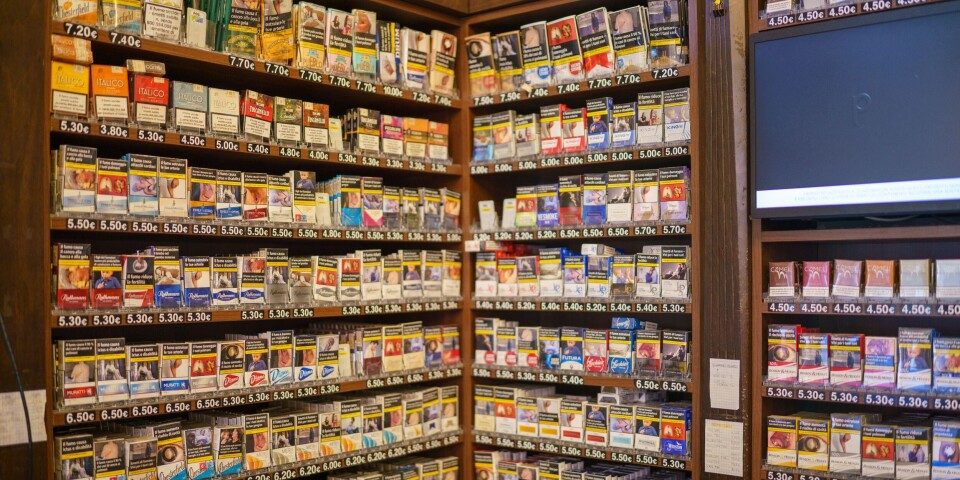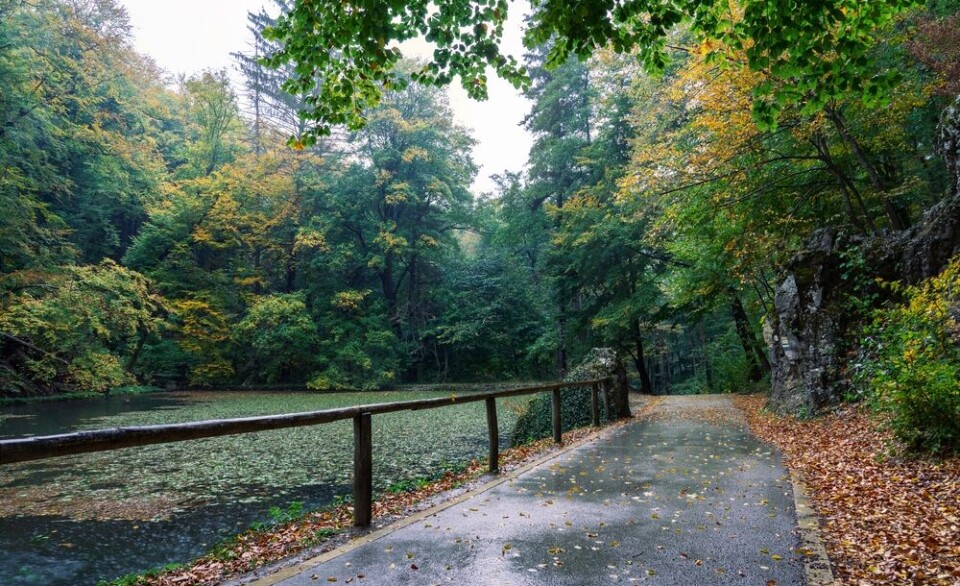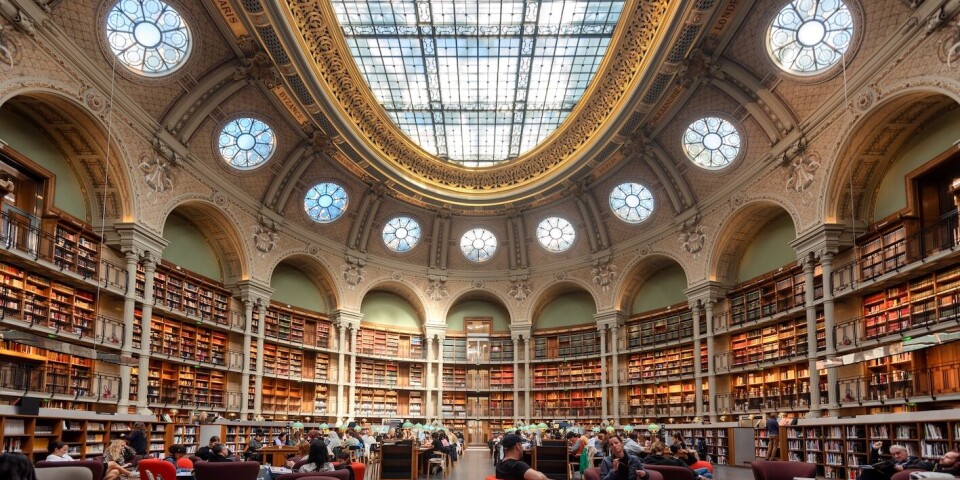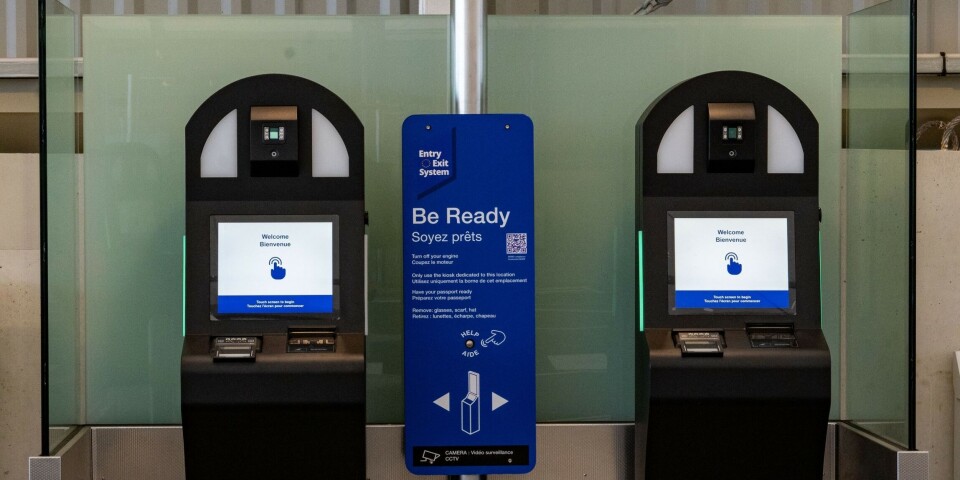Do foreign people living in France get free entry to museums?
France’s ‘national museums’ are run by the state with certain people able to access them for free
The Louvre in Paris is a national museum
L_B_Photography/Shutterstock
Reader Question: Someone told me that non-French citizens who live in France have free access to public museums, but when went to one with proof of address and my carte de séjour I was told this was incorrect. Is there such a rule?
‘Public’ museums include some 66 ‘national’ museums holding collections owned by the French state - including such famous locations as Versailles and the Louvre - as well as museums owned by communes.
There are rules in place on free visits for certain groups to the national museums.
These include all under-18s as well as people aged 18-25 from an EU/EEA country or with a residency card from an EU/EEA country (including France).
There are other groups who may receive free access, including people who receive certain benefits, jobseekers, journalists, certain students and public sector workers.
A full list can be found here – however, there are no rules stating that all non-French residents living in France automatically benefit from free access, unless they belong to another group.
In some communes, residents can access council-run museums in the area for free, if they show valid proof of residence.
This is the case in Nice, for example, where the Pass Musées scheme offers free entry to local residents to museums such as the Musée Masséna local history museum or the Terra Amata pre-history museum.
There are certain other times when national or municipal museums or monuments may be open to the general public for free, including the Journées européennes du patrimoine (European Heritage Days).
Read more: European Heritage days: seven places that were possible to visit in Paris in 2024 for free
In the case of private museums, entrance rules can be different and those who can access France’s national museums for free may not necessarily receive the same benefit.
What is a national museum?
A national museum is one that is funded or run by the national state.
In France – a country with rich culture and several world-famous museums – it will come as no surprise that there are numerous museums that fall under this category.
They can either be run by an établissement public administratif (run by the state), service à compétence nationale (SCN, created by decree specifically for a chosen function) or under the umbrella of a specific ministry.
Examples of the former include the Louvre, Orsay, and Georges Pompidou museums in Paris, and examples of an SCN include the Marc Chagall museum in Nice and the château de Pau (in Pau).
The ministry of the army runs the national army museum, and sport ministry the sport museum (also found in Nice).
A full list of national museums, the collections they display and their location, can be found here.
There are also national monuments run by the state, including the Mont-Saint-Michel in Normandy and Arc de Triomphe.
Read more: Record visitor numbers to France's historic national sites


